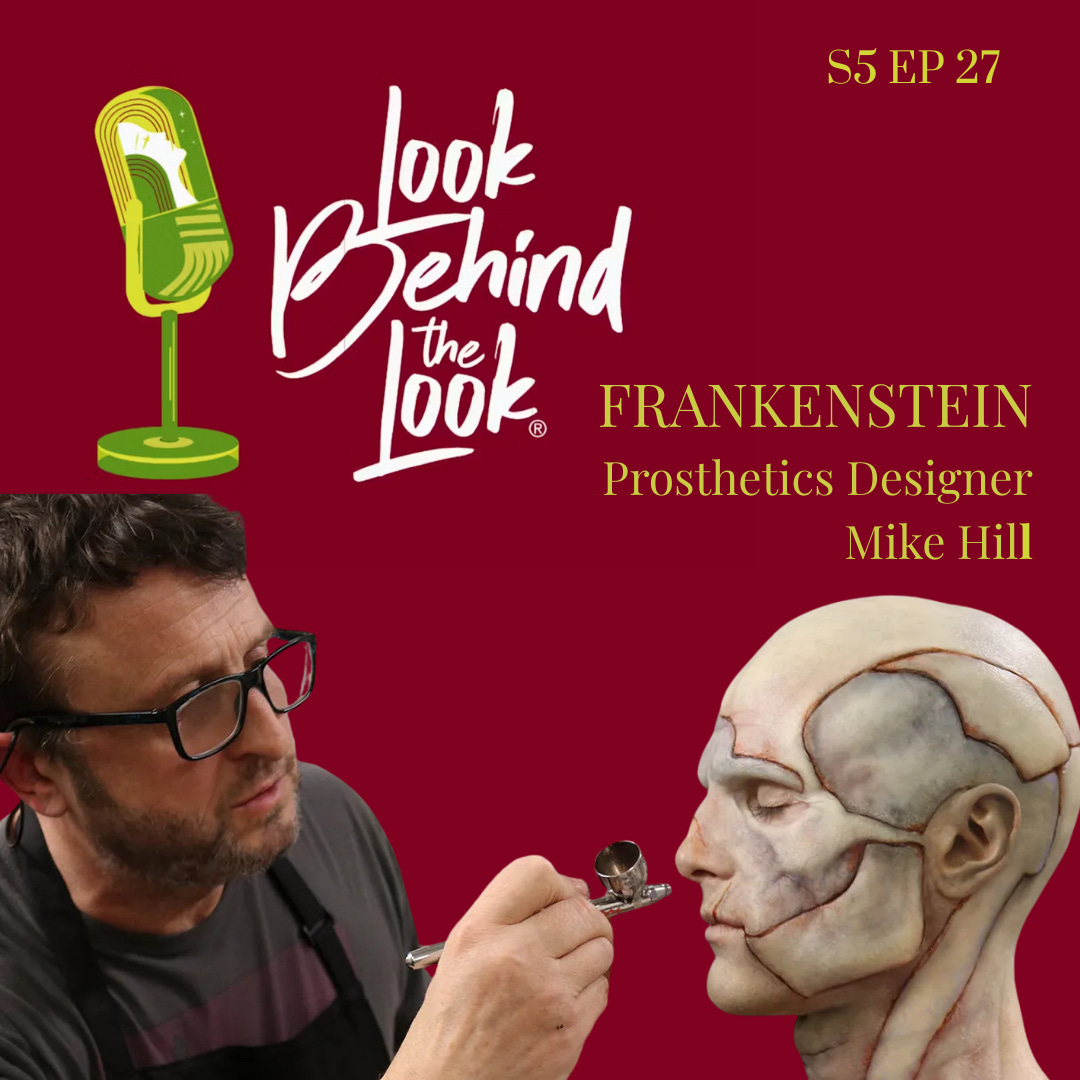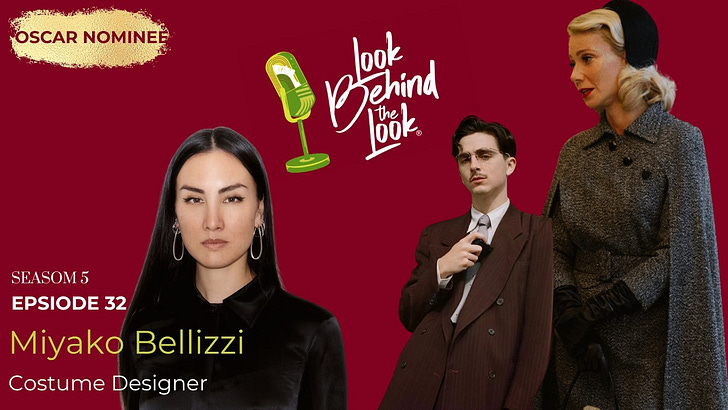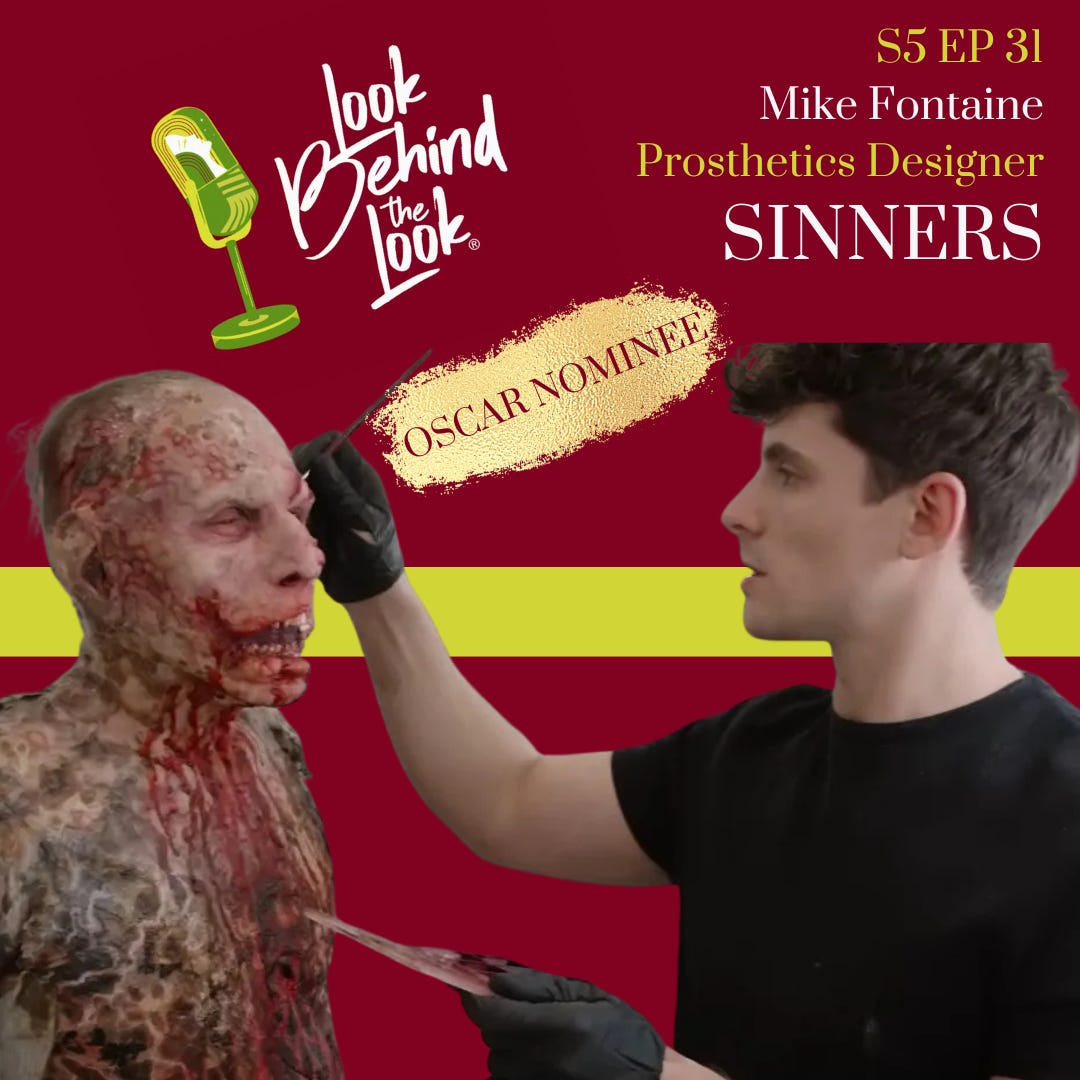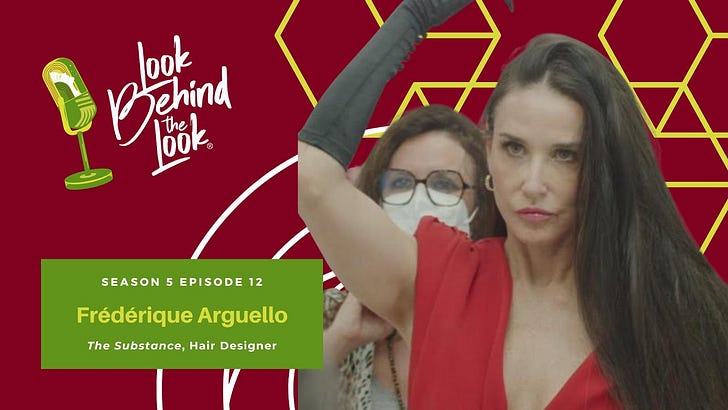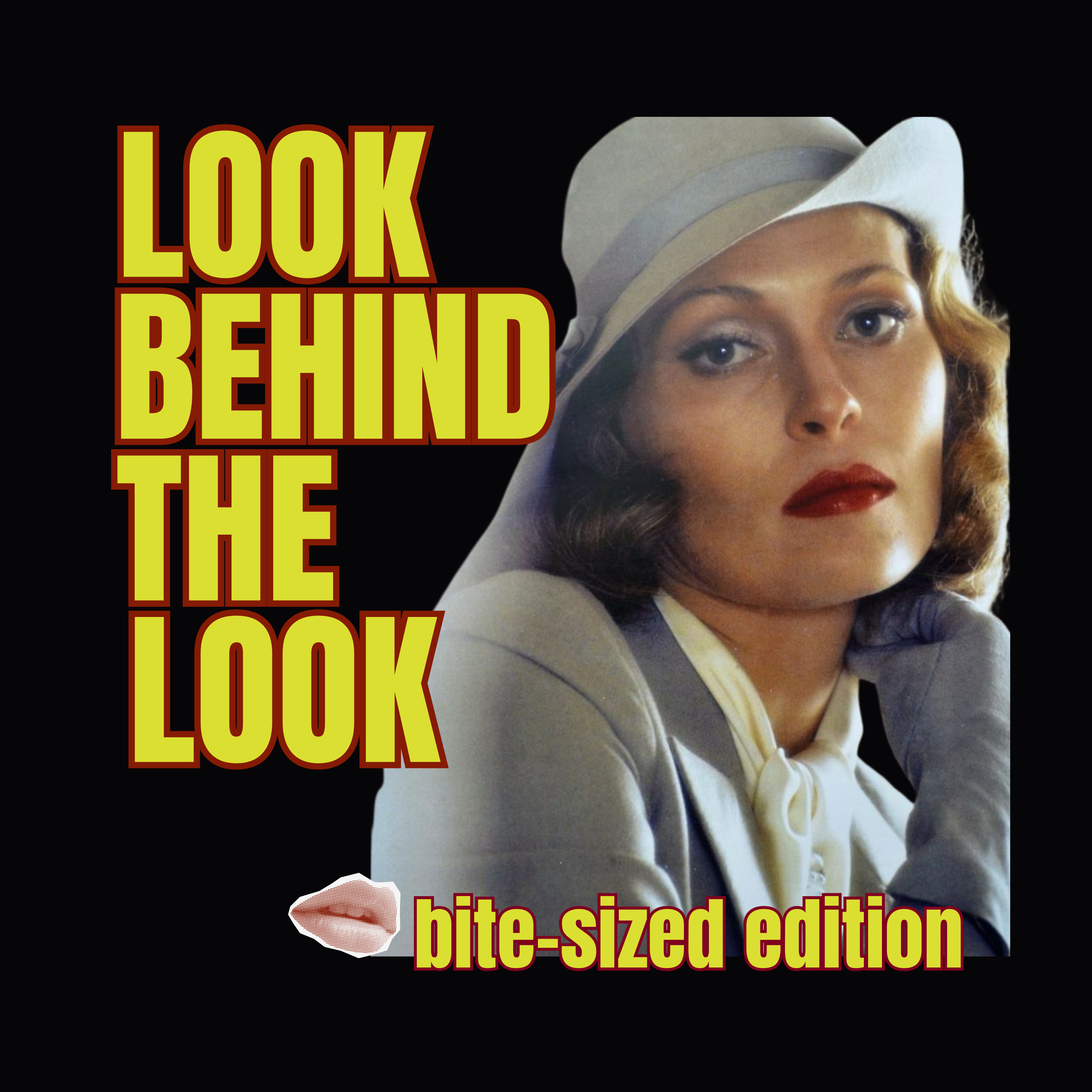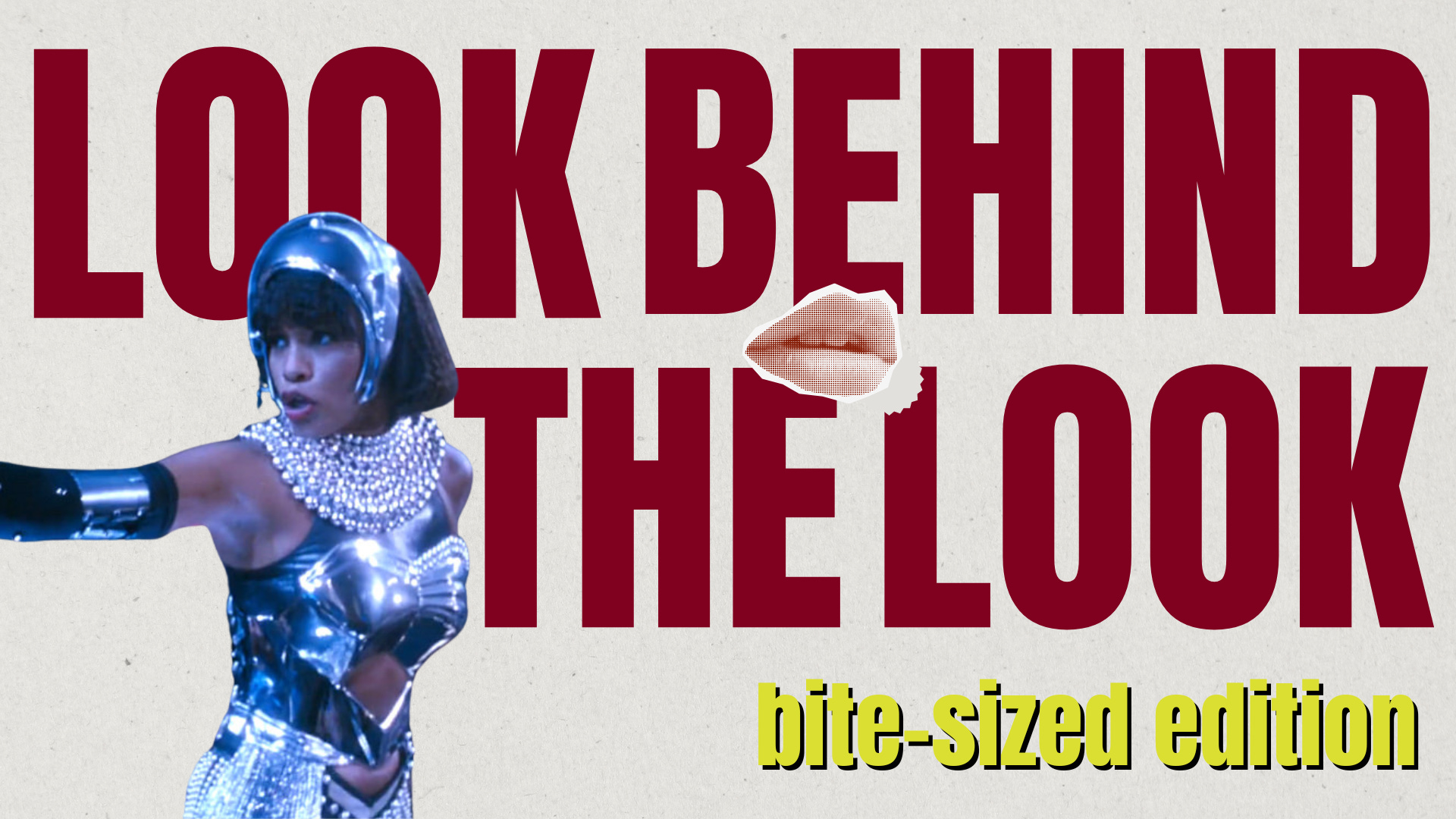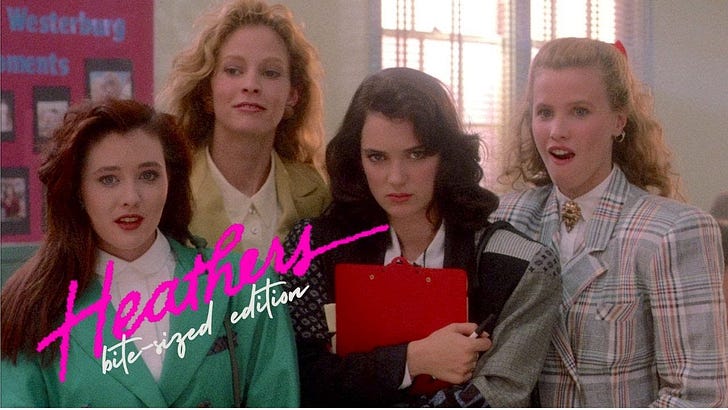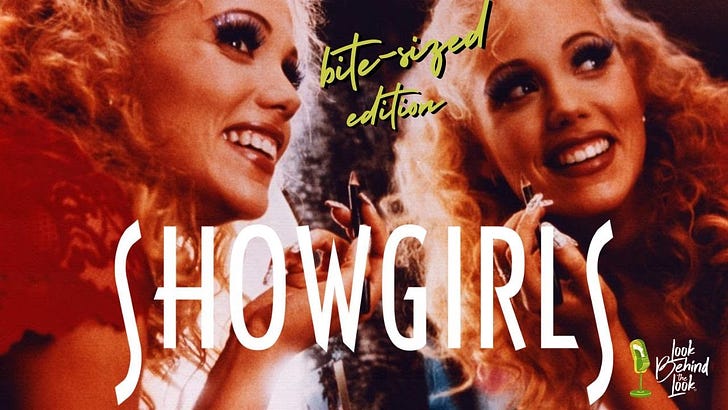Jack Lemmon Turns 100 at The Film Forum
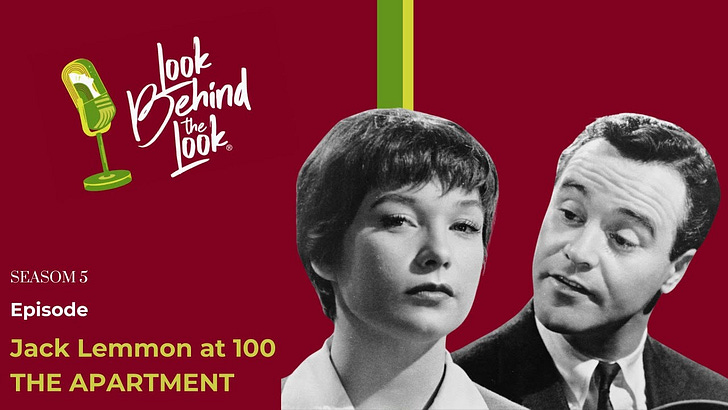
Shakespeare famously wrote, what's in a name? But let's say it out loud. Jack Lemmon. It says it all right there in the name. Jack. Ordinary, the guy across from you on the subway. Lemon. The one that got the broken car. The bitter taste, yet the surprising brightly colored yellow sun inside of the bad luck. Jack Lemmon, arguably the greatest comic and dramatic actor to ever grace the screen, who is unrivaled as the everyman who trips, stumbles, triumphs and gets the girl. Or in the case of Some like it Hot , the guy.
Starting this week at one of my very favorite movie theaters, the Film Forum on Houston Street, Jack Lemmon turns 100 . Can you believe it? And the Film Forum is opening its two week tribute on Friday, May 16th with the iconic story of opposites, the Odd Couple. But I'm not here to talk about Mr. Lemon's legendary roles in Days of Wine and Roses , Glengarry Glen Ross having a revival on Broadway now with Bob Odenkirk reprising Lemon's unforgettable Shelley Levine, The Front Page, Mr. Roberts , Bell, Book and A Candle . A personal favorite of mine, Some like it Hot , which I watched on VHS until the tape broke…
I am here to talk about one of the greatest comedies, if you can call a film about a mid level office drone working at an insurance company who lets his superiors bully him into letting them have his apartment for their affairs in hopes of him getting promoted and the suicidal elevator girl who whom he falls in love with. A comedy The Apartment . Legendary director Billy Wilder, coming off the wild success of Some like it Hot with Marilyn Monroe, wanted to keep his collaboration with Lemon going. So in 1960, Wilder and I.A.L diamond (Come on, is that the coolest name?) who wrote Some Like It Hot with Wilder were inspired by an infamous Hollywood murder story about agent Jennings Lange who was having an affair with actress Joan Bennett in an underlings apartment. So her husband, producer Walter Wanger, shot and killed Lange. Check out Karina Longworth's excellent podcast Love Is A Crime from You Must Remember This for the full retelling to you and I. This might not seem like source material for one of our greatest comedies, but in Wilder, Lemon and the adorable Shirley MacLaine's Hands, it was a box office smash, winning five Oscars out of ten nominations.
Now I could go on and on about Billy Wilder's meticulous directorial precision, Lemon's unreal comic timing and turn on a dime pathos why Ving Rhames spontaneously gave him his very own Golden Globe in 1998.
But I’m actually here to talk about a hat, a haircut, and a mirror. Let’s rewind to 1960 - President Kennedy just took office, Roy Orbison’s ‘Only The Lonely’ was on the radio, and the kids were doing Chubby Checker’s ‘The Twist’. The very seriously subversive theme and subject of The Apartment can not be over stated in this climate. The film, shot in gorgeous black & white by Joseph LaShelle of Laura and Marty fame, puts us smack-dab in what I’d call ‘Mad Men’ central - a heady swirl of cigarette smoke and ‘Tom & Jerry’ cocktail mix, office Christmas parties, wives holding on line 2 while executive husbands scheduled accepted trysts before dinner and kissing the kids goodnight. Lemmon plays ‘C.C. Baxter’, a hard-working, well-meaning drone who somehow gets himself turned into a sort of brothel landlord. His neighbors wonder how he can withstand being such a Lothario - the sounds coming through the walls everynight don’t match C.C. Baxter’s unassuming Brooks Brothers suit with a rumpled white shirt with rounded collars and tie-bar to boot.
But Baxter is caught in a hilarious cycle of paying his dues to climb the corporate ladder. This is what you must do . You must get out of bed at midnight to allow your boss to wine and bed his mistress in your Upper Westside apartment even if it involves you sleeping on a park bench in Central Park and catching your death (which Lemmon really did on that particular night shoot on location in the chilly fall of NYC). Lemmon’s aspiration is to be ‘the youngest junior executive at Consolidated Insurance’ so he MUST climb that corporate ladder to get the accoutrements - the windowed office, the carte blanche phone calls to pass on favors, and the bowler hat!
He proudly shows it off to Shirley MacLaine’s elevator operator, Fran Kubelik, who regards it as the ultimate symbol of the last ‘nice guy’ crossing over the river Styx to the underworld of betrayal. She is happy for Baxter, but her eyes register a cultural sadness - this white male corporate culture is a disease and its got it claws in Baxter, and Baxter is completely oblivious to what he is about to sign on the dotted line for. Fran isn’t. Despite her absolutely adorable ‘pixie’ hair-cut, she has been groped by the best of them, and seems unreachable by the hordes of executives. Fran is the Snow Leopard, the last big game that hasn’t been conquered. You can grab her butt, and she firmly pushes you on your way. There is something modern, forward-leaning in her attitude and appearance, punctuated by that hair-cut representing women’s liberation, strength, and independence. ‘I don’t need long flowing hair to make you like me, pal.’ The pixie cut was popularized by Audrey Hepburn in the late 1950’s, followed by the model Twiggy, and reaching its apotheosis with Mia Farrow in Rosemary’s Baby in the mid-1960s. But Shirley MacLaine, in my humble opinion, does it best as ‘Fran’, the hard-working elevator operator girl who won’t fall prey. Fran says in one of the film’s most famous lines of dialogue, “When you’re alone with a married man, you shouldn’t wear mascara.” Shirley MacLaine’s tender and deep performance as ‘Fran’, lets us - and eventually Baxter - know that all is not well in the corporate system and the culture at large.
One of the most ingenious uses of the Hollywood film adage ‘show don’t tell’ in filmmaking is the use of a simple compact make-up mirror to tell a major plot turn in The Apartment. Baxter’s boss, Jeff D. Sheldrake played with brave impunity by silver screen star Fred MacMurray, who was so hated after this performance he would be aaccosted in the street by ladies chasting him for playing such a ‘dirty man’. Sheldrake calls Baxter into his office early in the film for what Baxter thinks is his promotion. Sheldrake says he’s heard about Baxter’s ‘key’ - meaning his revolving brothel. Sheldrake wants in. Baxter obliges as Sheldrake is THE biggest fish. Later, in another summoning to the head honcho’s office, Baxter gives him a floral compact he discovered in his couch, assuming it belongs to Sheldrake’s mistress. The mirror inside the compact is cracked jagged down the middle splitting the image of whoever opens it in two. Baxter thinks nothing of it until he is modeling his bowler hat - the Junior Executive - for Fran. What do you think? he askes her. “After all, this is a conservative firm. I don’t want people to think I’m an entertainer…”. In the midst of this, Fran helpful as ever, opens her compact to show Baxter how the bowler hat looks. To Baxter’s deep inner shock, he puts ‘two and two together’ and realizes Fran is in fact Sheldrake’s mistress. The horror. The one that was ungettable gotten by the biggest fish with a wife and two kids. The shot of Lemmon reacting in the cracked compact is on the of most effective story and visual devices I can think of in cinema. Baxter sees himself split apart - two worlds: the happy go lucky Baxter, and the Baxter that is now privy to some vile stuff involving the one girl he actually likes.
Fran sees his reaction and asks ‘what is it? Baxter takes a beat. “The mirror…it’s broken.” Then Fran utters one of my favorite lines, “I know. I like it this way…makes me look the way I feel.” WOW. What a subversive revilation! What a profound utterance. Talk about Chekhov. ‘Makes me look the way I feel’. We begin to realize all is not right with Fran. Sheldrake is leading her on. She sets a boundary at the local Chinese restaurant where he apparently takes all his conquests - the back booth. But Sheldrake works her over, and convinces her he WILL leave his wife. After a tryst back at Baxter’s apartment on Christmas Eve, Sheldrake must catch his evening train to make dinner with the family. Obviously having forgotten to get Fran anything of real signifigance for Christmas, he opens his wallet and hands her a hudred dollar bill. Even in today’s anything goes era, it’s a shockingly seedy gesture that is all too real. MacLaine’s Fran takes it in stride - just like Baxter leaving his key under the rug for his bosses - and stands to take off her coat and gets ready to disrobe. Fran says something like, ‘well, you already paid for it.’ Ugh. My heart broke! For Fran, for Baxter, for the sad inevitablity of it all.
Trigger Warning. The last portion of this episode deals with suicide. Listen with care. Fran asks to be left alone. In the bathroom, she finds the hundred dollar bill in her purse, and realizing she will never be able to break this cycle, she sees Baxter’s sleeping pills - Seconal - and takes them all. Meanwhile, Baxter is out drowning his sorrows with a hilarious companion, played by actress Hope Holiday. They get drunk and dance, looking for a place to get even closer, they head back to Baxter’s apartment - “Might as well go to me. Everybody else does.” Once back at his place, he discovers Fran and races to his jocular doctor neighbor, played by Jack Kruschen (also Oscar nominated for his hilarious supporting role as Dr. Dreyfuss), and Fran narrowly misses checking out.
While recovering at Baxter’s playing gin rummy (which MacLaine was playing alot of as a peripheral member of the Rat Pack), Fran and him bond, more than bond. They fall into bliss and don’t even know it. It’s a beautiful chemistry, one that apparently as it evolved dictated the script. Sources say upon commencement of filming, the screenplay was a mere 40 pages, and Wilder liked to work that way and let things evolve. He was also famous for re-shooting after viewing dallies. MacLaine calls him 'sciencentific, brittle and caustic with women but made you better for it’. She tells a story about once such instance during a climactic scene with Fred MacMurray’s ‘Sheldrake’ where she couldn’t get the emotion necessary for their break-up in the Chinese restaurant they frequent. MacLaine’s native Canadian accent was coming out literally on the word ‘out.’ After viewing the ‘rushes’, he concluded they need to re-shoot, even calling MacLaine out in the screening room. MacLaine, much like Fran, didn’t buckle under pressure, and they re-shot. On the day, Wilder called ‘Action’ and excused himself to give her the privacy to do the scene. She hit it out of the park, uttering the lines from that take that made the final cut, “So you sit there and make yourself a cup of instant coffee while he rushes out to catch the train.”
Well, long story short, Baxter and Fran end up together - thank Heavens. I could explain the plot twists to get them there, but I want to leave you with one final remberance of MacLaine’s. When asked what it was like to work with Jack Lemmon, she said, “He would say, ‘Magic time!’, every time the camera rolled. And then we knew we’d better make some magic.”
Check out The Apartment on the big screen at The Film Forum in all its glory this Friday, Saturday and Sunday. And all of Jack Lemmon’s ‘Magic time’ over the next two weeks. You won’t be sorry.
More about the series here:
Watch The Apartment here :
Look Behind The Look is a reader-supported publication. To receive new posts and support my work, consider becoming a free or paid subscriber.
Get full access to Look Behind The Look at lookbehindthelook.substack.com/subscribe




















